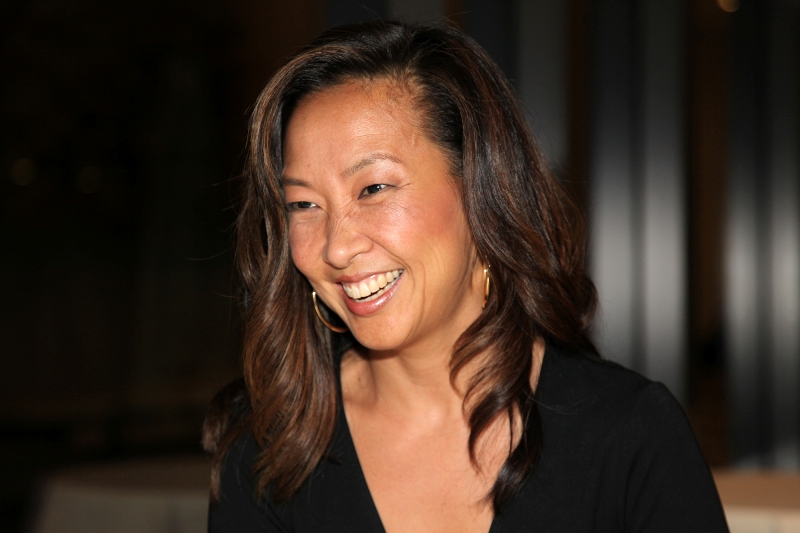
Jennifer Lee is the Julian Clarence Levi Professor of Social Sciences at Columbia University. She researches the implications of contemporary U.S. immigration—particularly Asian immigration—from a variety of lenses. In advance of the Zócalo event, “Is There Still Merit in a Merit-Based System?,” she discussed the joy and exhaustion of seeing people in person and what’s on her (vegan) Thanksgiving table.
What salad dressing best describes you?
I actually don’t like salad dressing. So, no salad dressing encapsulates me.
When you hear the word “meritocracy,” what’s the first word or phrase that comes to mind?
I would say it’s an antonym, and it’s “legacy admissions.”
Where do you come up with your best ideas?
I don’t think there’s a place. I would say the best ideas are typically inspired by conversations with friends and colleagues from all different disciplines. I think if anything, COVID has taught us after months and months of sheltering in place that the places become less important than the connections with people and ideas.
What’s been the biggest surprise to you about the reopening of the world these past few months?
That we’re so out of practice seeing one another in person. On the one hand, it’s absolutely joyous to see people. On the other, because it was months before we were seeing people outside of our home, it’s also physically and mentally exhausting to see people in person. Because of the exhilaration and joy combined with how out of practice we are and how tired we get, I’m surprised by how much sleep I need when I see people in person.
What is the best advice you’ve ever received?
“Lift as you climb,” in the sense that as we become more senior—not only in terms of age, but in terms of rank and status and all those things—to remember that we got here because people helped get us here. And so it is a privilege, and with privilege comes responsibility to continue to mentor and lift those behind you.
What’s the last great book you read?
My colleague Tey Meadow wrote a book called Trans Kids: Being Gendered in the Twenty-First Century. It’s a book about the multiplicity of gender. We often think about gender as a binary, and she challenges that and thinks about trans identity not as gender failure but as a new way of thinking about gender.
How do you procrastinate?
I don’t know if this is really the way I procrastinate, but when I don’t do work, I do yoga or go for a run around the reservoir. I think that you need a mental break, a physical break, a spiritual break, and all of those things actually fuel me. The other thing I do is walk Kaia, my little Pomeranian. She’s only six pounds, and she has to go to the restroom a lot. We’re across the street from Central Park, and I’m there at least four times a day.
You split your time between Manhattan and Orange County. When you’re in New York, what do you miss about California?
I miss the beach, absolutely. We actually live right across the street from the beach, so I see the beach every day in the morning. I miss waking up, walking to the pier in Newport Beach, and seeing the waves crash. It’s the first thing I do when I come back.
When you’re in California, what do you miss about New York?
I miss walking everywhere. New York is such a walking city, and so I can walk to work from where I live. I can walk to restaurants and see a number of people along the way. I miss walking.
What dish has to be on your Thanksgiving table?
I would have said turkey prior to becoming vegan. But now I would say some kind of vegan stuffing.



